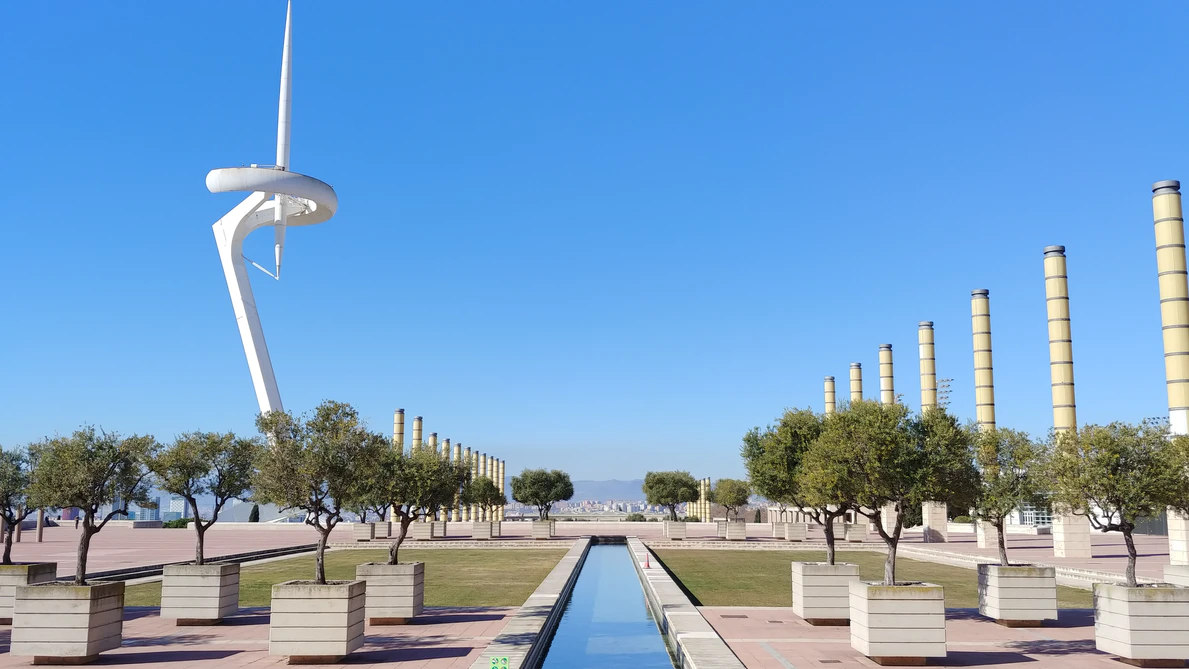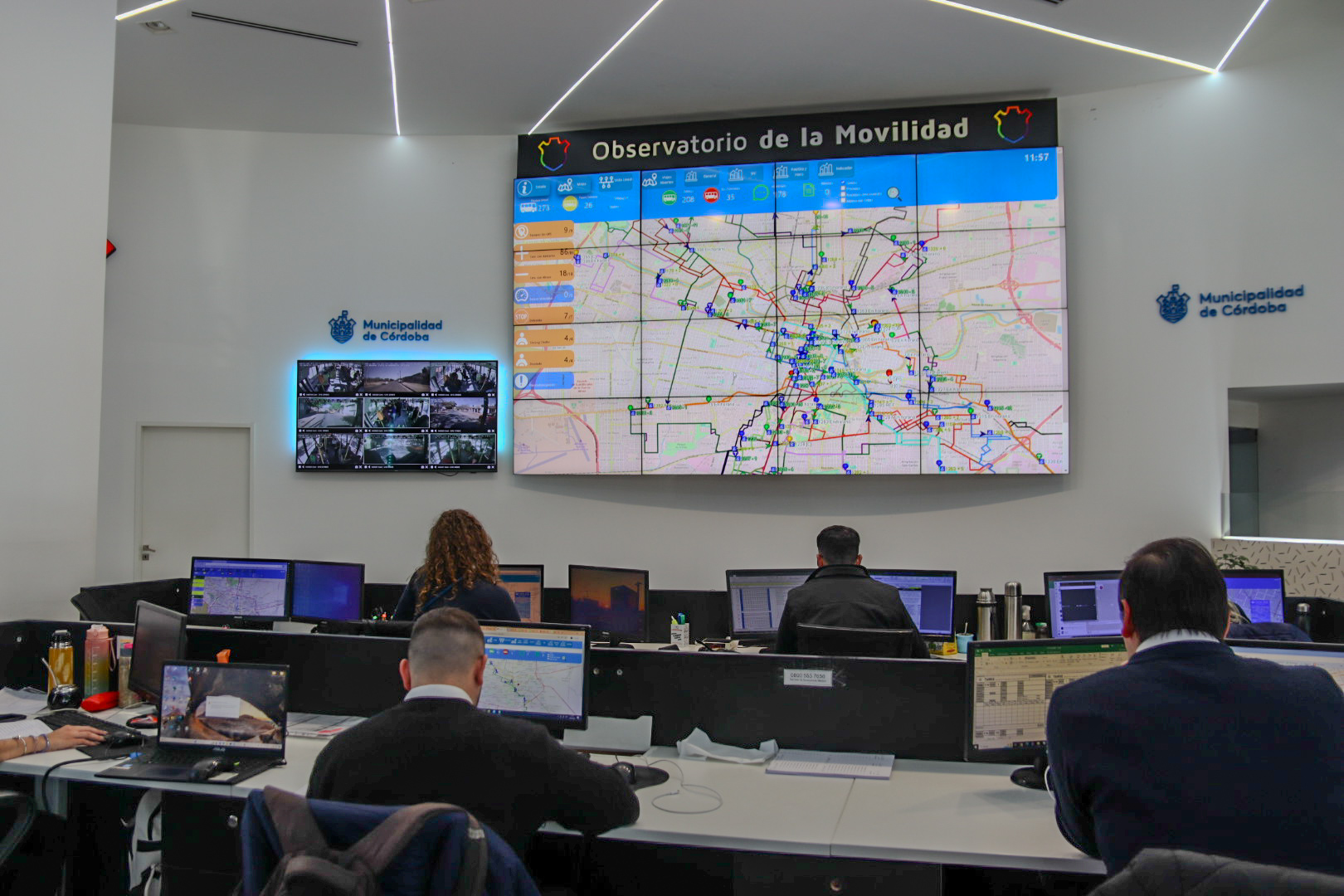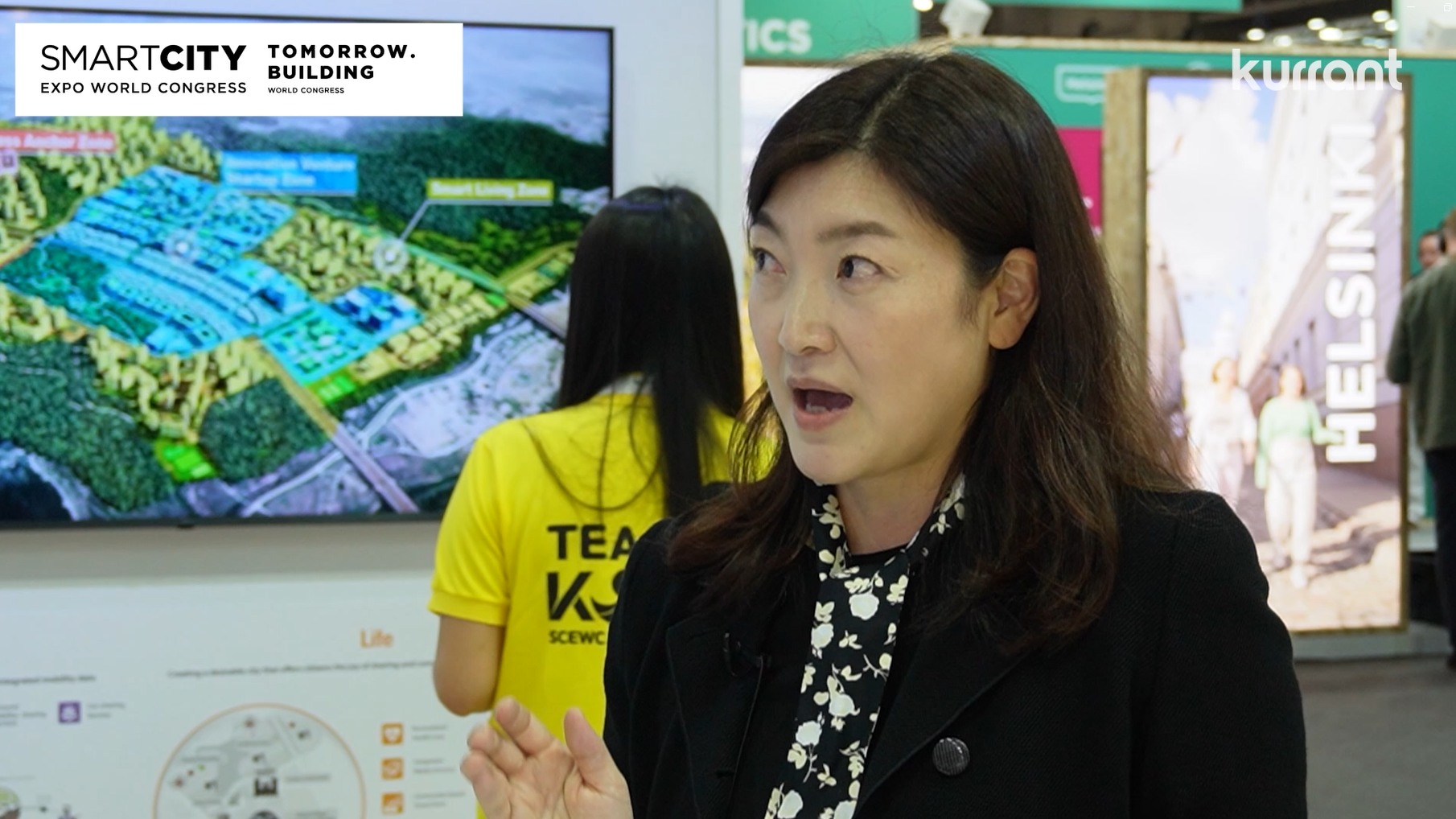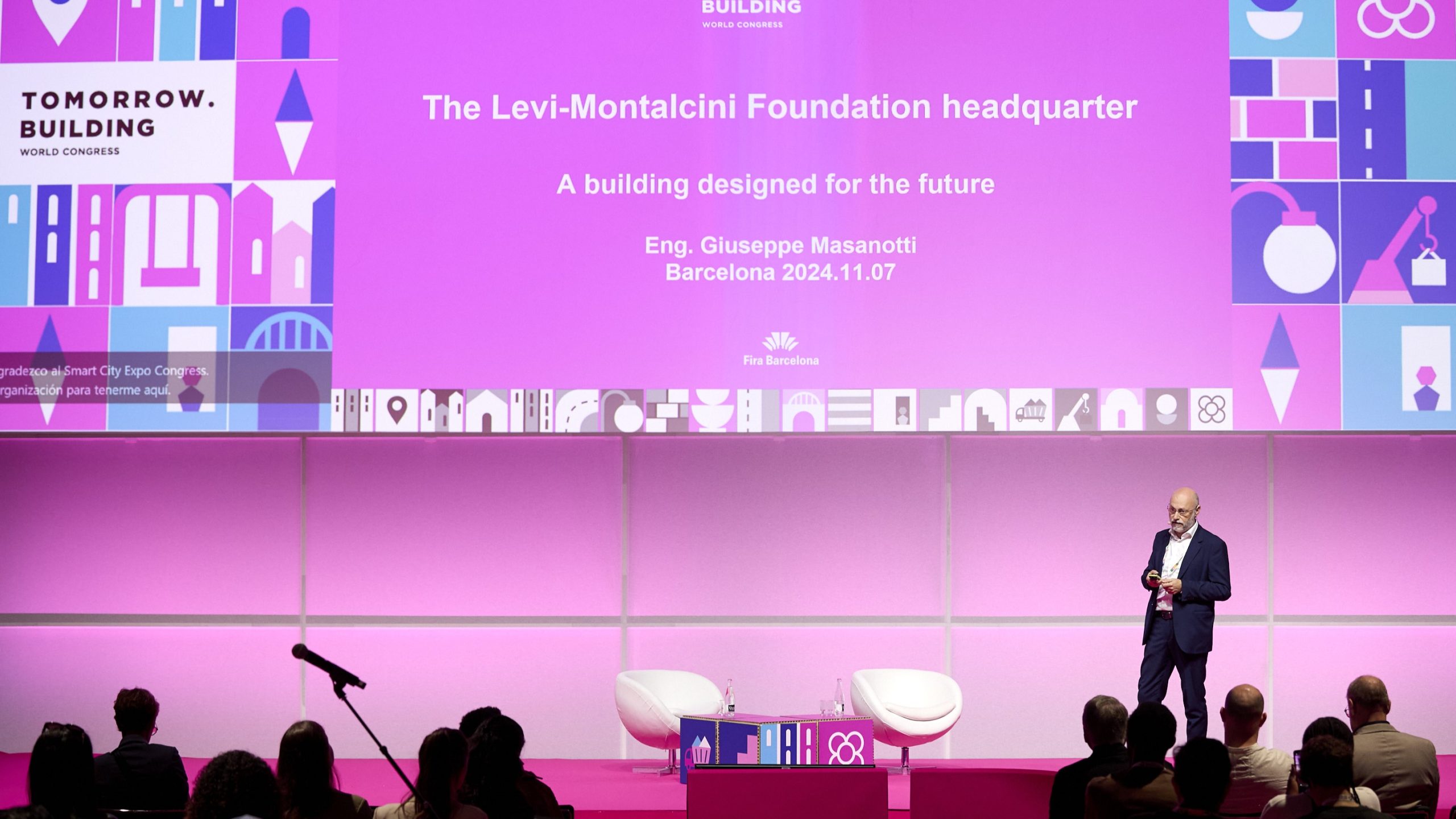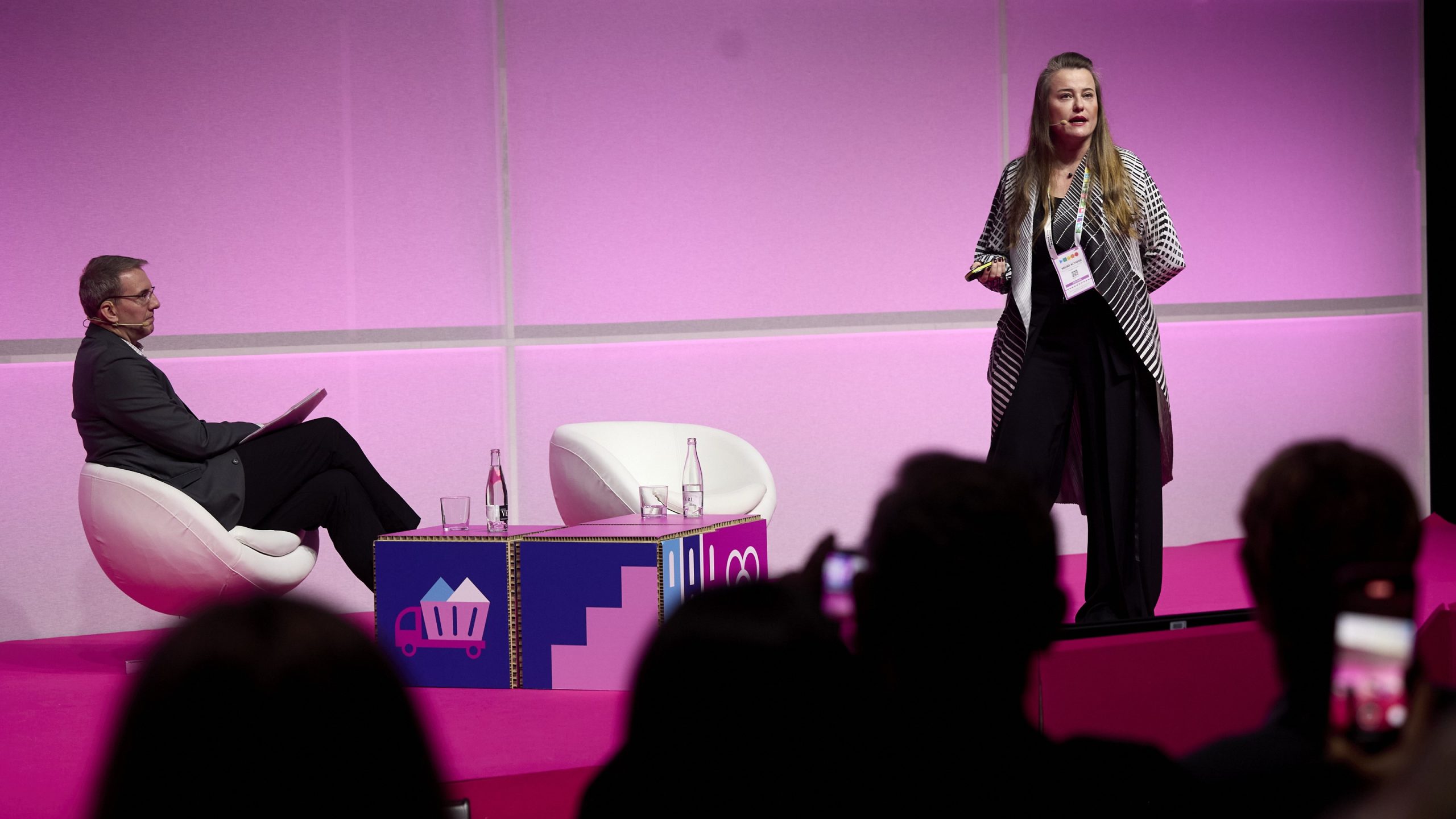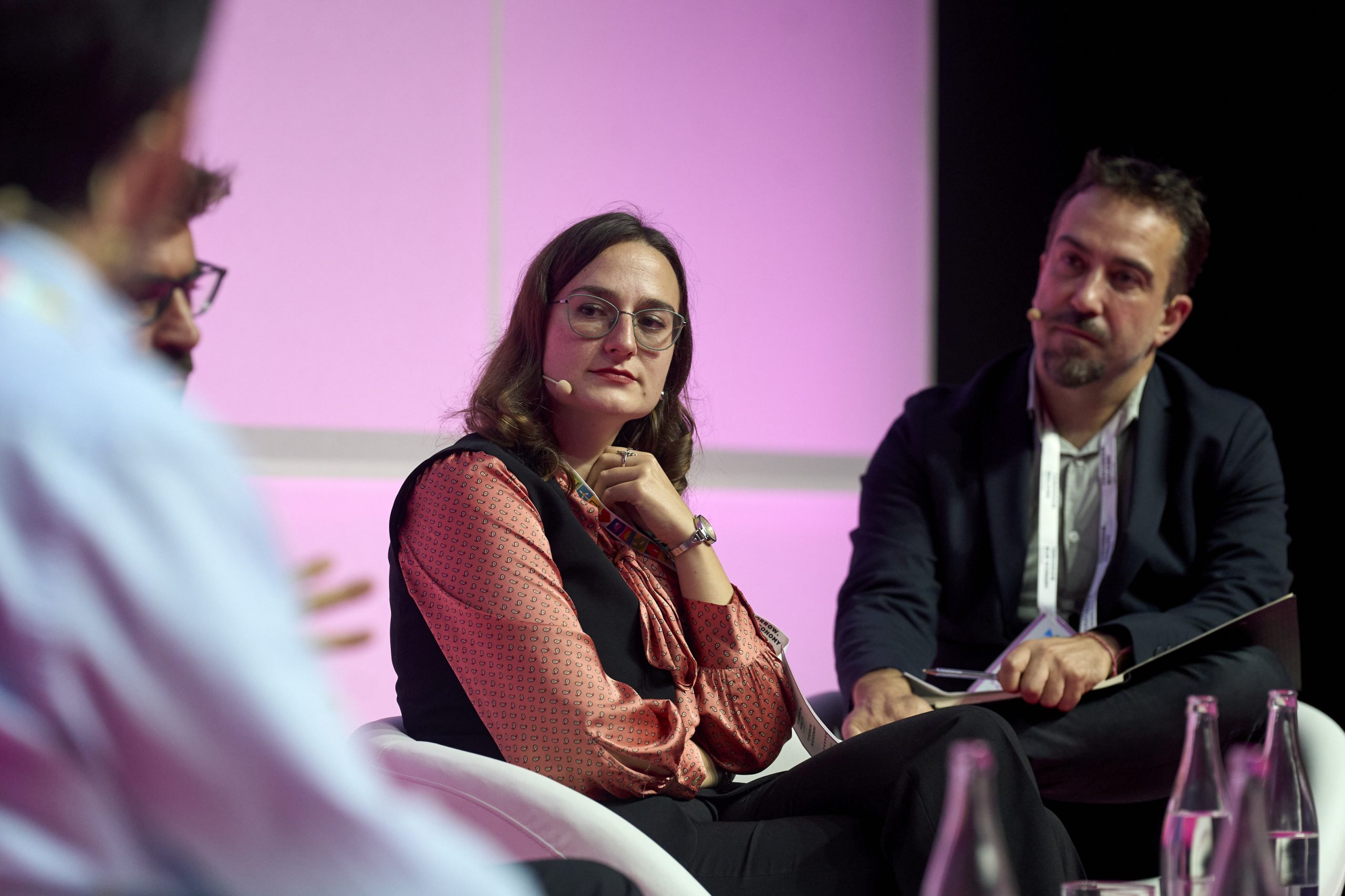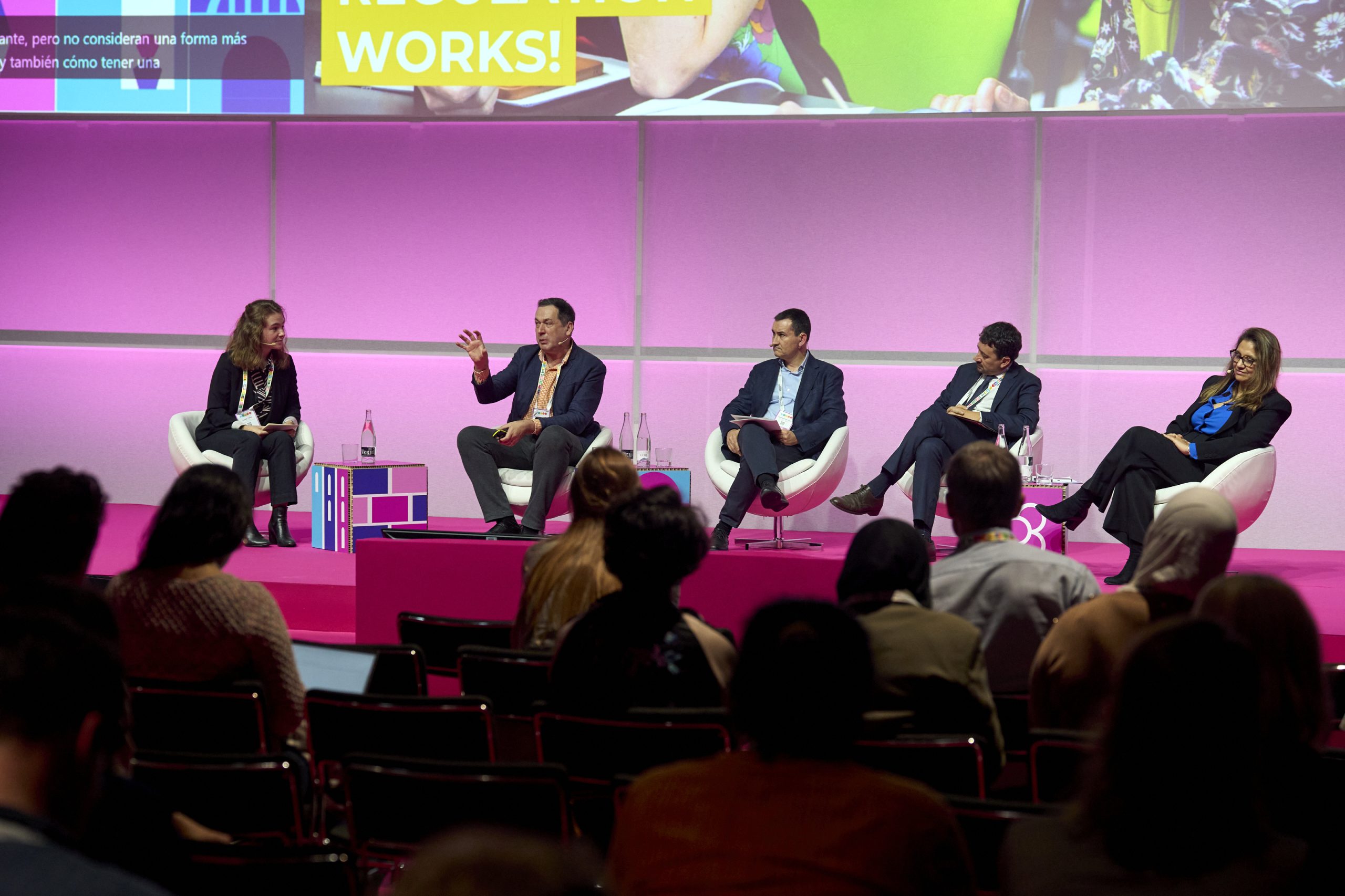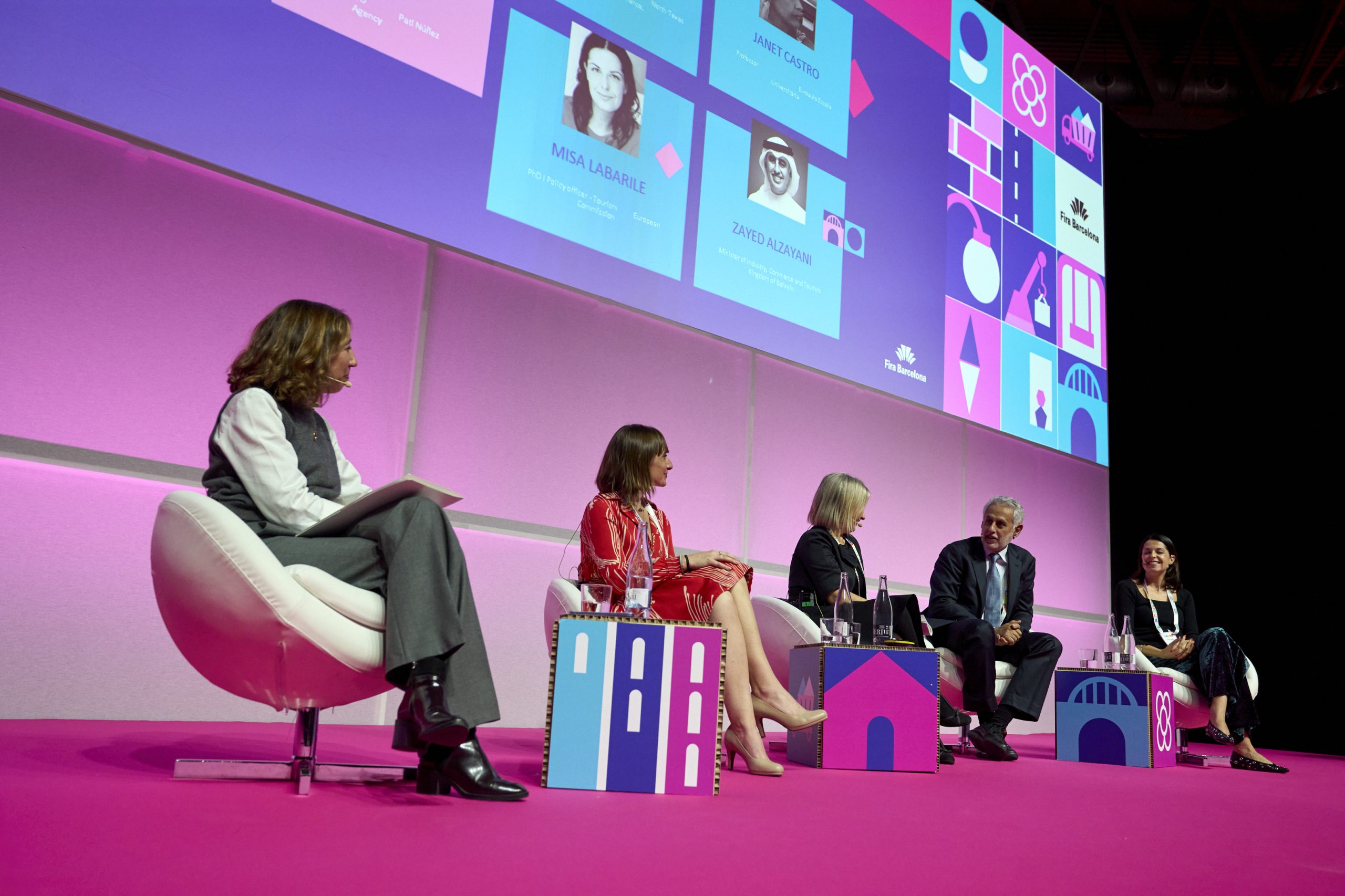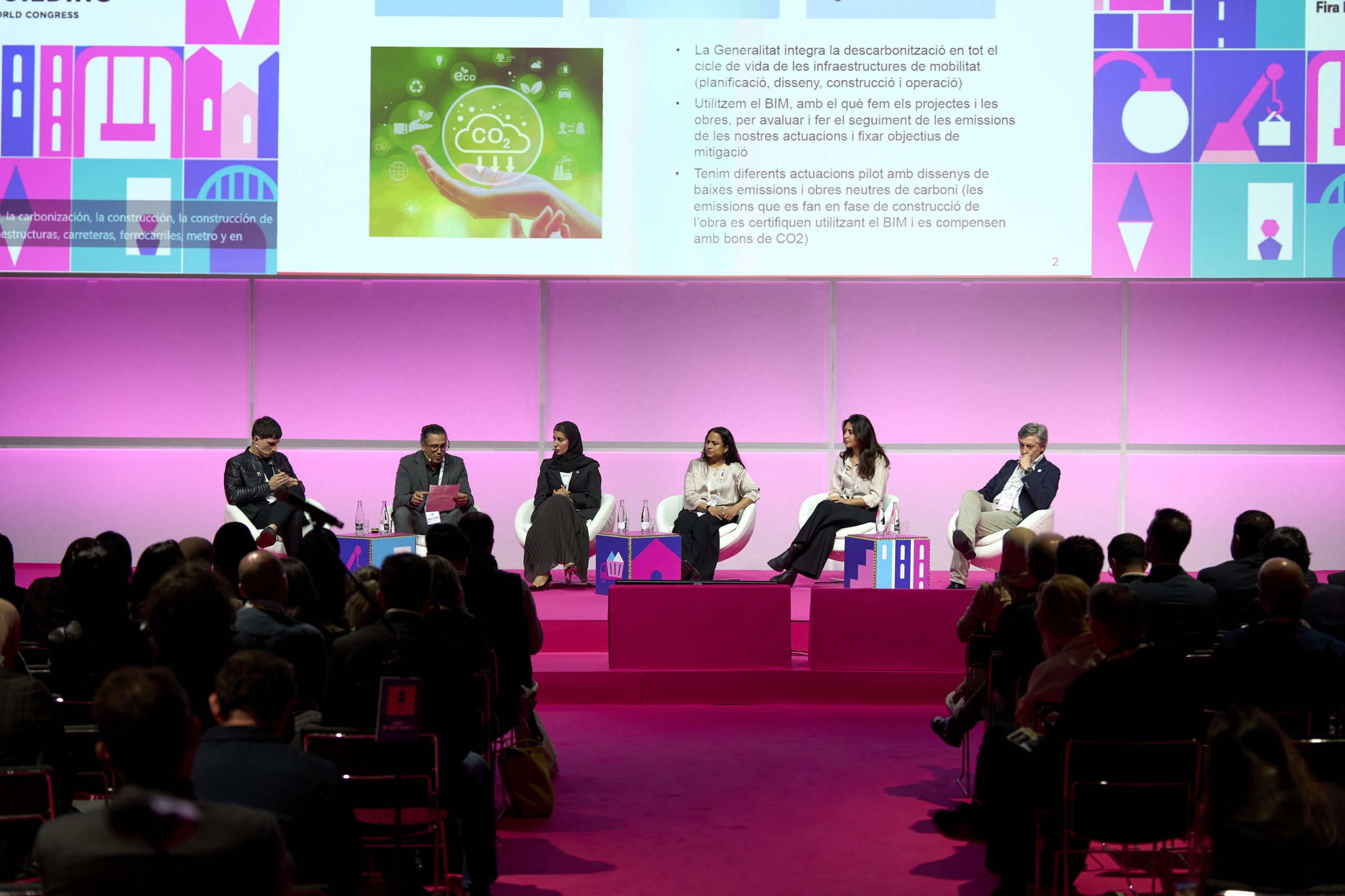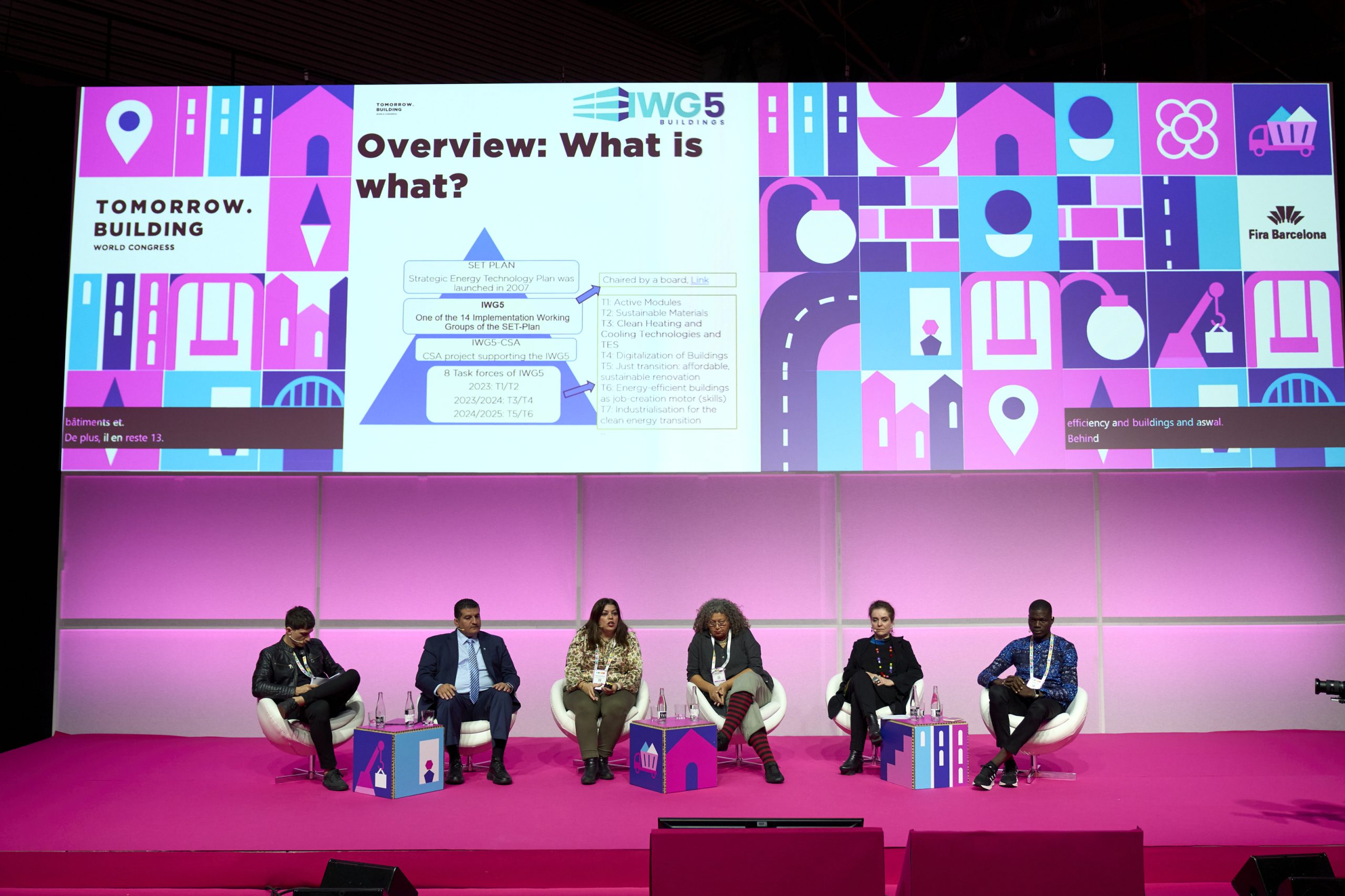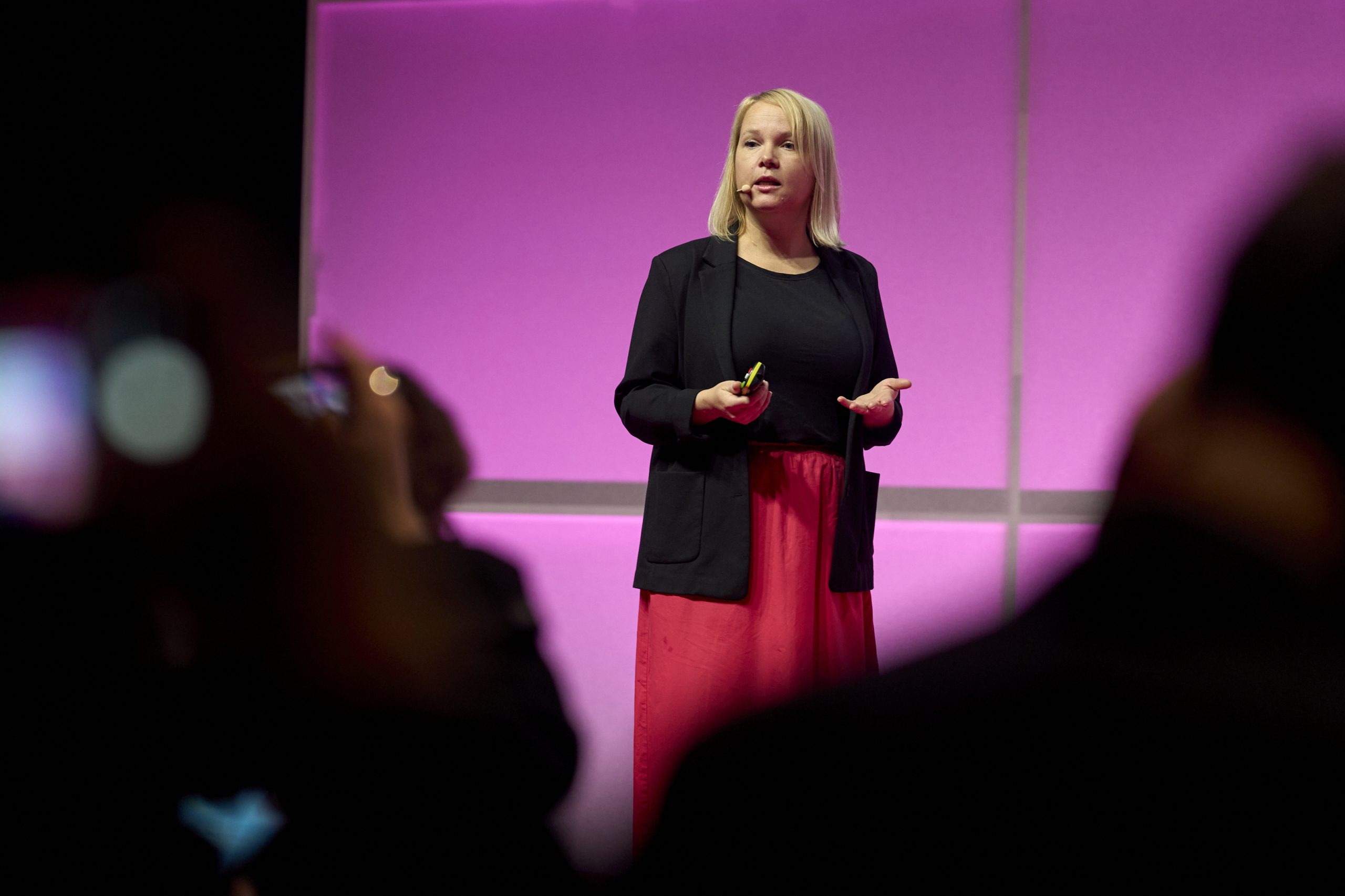Author | M. Martínez Euklidiadas
Barcelona 92 was a marvelous strategy for the city of Barcelona to receive global exposure. In 1984, just two years after the first democratic elections since the Second Spanish Republic had been held (the dictator Francisco Franco died in 1975), the Mayor of Barcelona, Narcís Serra, put forward Barcelona to host the 1992 Olympic Games.
The city created the Barcelona Olympic Office and after numerous years of applications and projects, in 1986, the result was announced. Barcelona would host the 1992 Olympics, an event that would provide the city with prestige and make it a globally relevant city, sharing its values of democracy, social integration and multi-culturalism.
What impact did the Olympic Games have on the host country?
Nelson Mandela once said, "Sport has the power to transform the world." And if it can transform the world, it can most certainly completely change a city, often for the better. The Olympic Games are an economic and social driving force, and many cities have managed to take advantage of that stimulus to catapult their societies to a global level.
That is the case of Barcelona which, with Barcelona 92 (Games of the XXV Olympiad), provided the city with international recognition. Today many foreigners think that Barcelona is the capital of Spain (which is Madrid). They found the way to truly make the most of the event and managed to hold the games without a single boycott, which had become a popular feature of the Olympics since Munich 1972. A milestone.
Other Olympic Games and their mixed impact: Seoul, Beijing and London
It’s been a very long time since the Olympic Games ceased to be a strictly sporting event. Just like the public works needed to make Barcelona 92 a reality permanently changed the demographics of numerous neighborhoods, Seoul ’88 forcibly displaced 720,000 people, many of them from humble origins. Something similar happened in Beijing, which turned into a massive endeavor that ended up displacing than 1.5 million impoverished citizens.
Are these sacrifices worth it? Both the Seoul and Beijing Olympics were meant to improve the image of South Korea and China in the world stage. From that perspective, they were a success. But if we stick to strictly utilitarian criteria, things are less than clear. For example, the 2012 London Olympics generated $5.2 billion in revenue against $18 billion in expenses, and it wasn’t that expensive when compared to the $3.6 billion generated in Beijing after investing more than $40 billion.
The reconstruction of the city

**Clearing up the city **for the thousands of visitors, millions if we include viewers, is a way of using the Games as the perfect tool to showcase the city. In Barcelona, as was the case in other cities, dozens of historic buildings were renovated, including the Beaulieu Palace and the Montjuic Stadium.
At the same time, between 1987 and 1992, Barcelona was rapidly modernized. Beaches were cleaned, new parks were built, public transport to all areas of the city was notably improved and telecommunications networks were deployed. Changes that humanized the urban center. The Olympic Village of Poblenou was also built, which is now one of the city’s neighborhoods.
The Olympic Village of Barcelona 92
The Olympic Village of Barcelona, built to house the participating athletes, was for years a successful example of urban regeneration. It is, in fact, the first residential area of Barcelona to face the sea which, until then, had been a predominantly industrial area. Just after the Games, the Spanish city of Bilbao transformed its industrial center into a city of culture.
Barcelona had become an example to follow in the new world that was demanding less steel and more life experiences. One of the achievements of the Village was to convert run-down areas into apartments, distributing blocks with a variety of uses to ensure urban cohesion and to connect the district with the city.
The concept of high-density integrated "super-unit" was recovered (15,000 people per km^2^), which would later become the UN-Habitat model, the United Nations Human Settlements Program, and established the bases for urban sustainability, which now may seem obvious, such as "super-islands".
How much did the Barcelona Olympic Games cost?
It is hard to measure the enormous financial outlay by Barcelona and other stakeholders, but the Organizing Committee of the Games of the XXV Olympiad estimates that they spent around 900 million euros, paid in the local currency at the time, the peseta (in disuse since the euro came into existence in 1999). But that was not the only capital invested.
Thanks to sponsors, investments totaling around USD 1.635 billion were made (around EUR 1.362 billion. The final result? Direct revenues equivalent to around USD 1.638 billion (EUR 1.365 billion ), which alone would have justified the project.

But the positive impact for the region goes beyond these figures. The direct economic impact of the outlay between 1986 and 1992 is estimated to be over EUR 7 billion for the region (employment, culture, transport, industry, training…) according to the La Caixa Research Service in its publication ‘The effect of the Olympic flame on the economy’. The induced impact exceeded EUR 18.670 billion. It was, undoubtedly, a good "deal".
A significant characteristic of the investment was the expenditure on the "Cultural Olympiad" an artistic spinoff of the games that took place between 1988 and 1992 and which revitalized the cultural landscape of Barcelona. The cost is estimated to stand at EUR 28 million in today’s currency. The return on this investment has been more than corroborated.
The Olympic Games, do they harm a city’s economy?

The Olympic Games may not benefit a region in the long term. Athens 2004 and London 2012 were two success stories for tourism and employment prior to the games, but they did not, or were not able to make good use of the invested capital to carry out long-term urban transformations. It is not feasible for all cities to undertake infrastructure development work.
In Spain, it was not the first time that Barcelona attracted capital to improve its infrastructure through global events. In 1988 and 1929 it hosted the International Exhibitions, and it still hosts numerous global events today, including the MWC Barcelona, the Automobile Barcelona or the Tomorrow.Mobility World Congress, among others. The city found the way to make the most out of that past experience.
Numerous analyses have illustrated that there is significant and high risk when a city joins the race to host the Games, because it requires a significant economic effort to put itself forward. It is also vital to avoid "excessive additional costs that disrupt the budget allocations" or take the opportunity to "undertake urban regeneration projects that the city requires" according to this interesting PDF article on this impact.
Barcelona 92 is a success story because it found the way to use the capital invested in the Games to improve the life of its inhabitants and, therefore, the region as a whole. But not all the editions of the Olympic Games have ended with these results. Tokyo has a huge challenge ahead.
Images | MINSUN KIM, Miquel Migg, Manuel Torres Garcia
